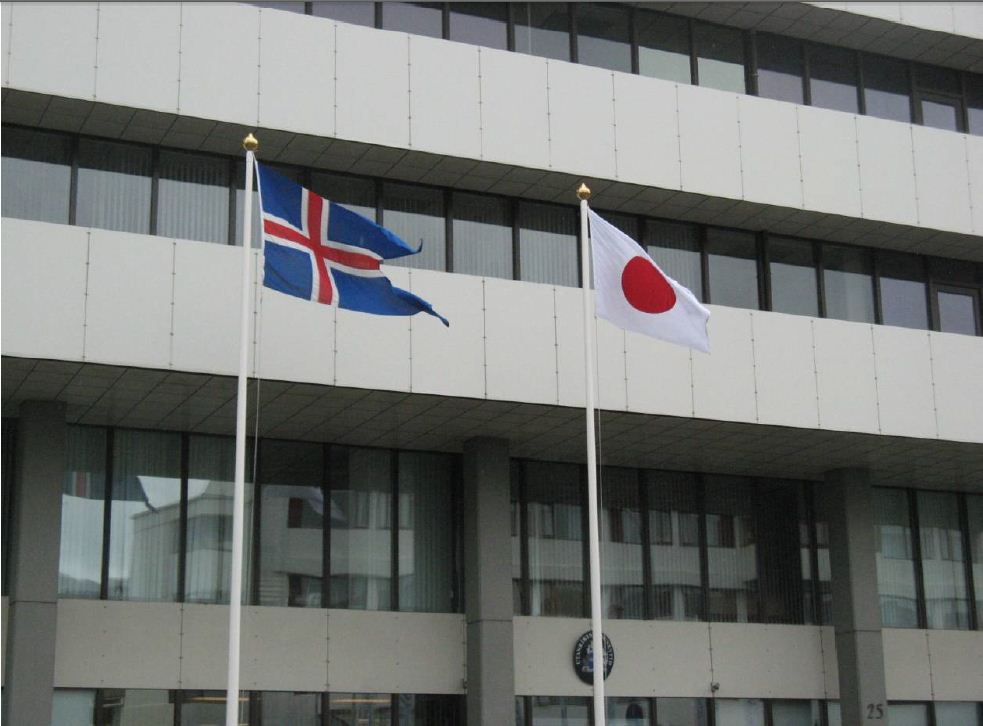Visiting Japan
Travel Information |
The Embassy is only able to offer limited travel information. One of the best sources of information on travelling to Japan is the Japan National Tourist Organisation (JNTO). The JNTO website will also answer a lot of your questions about sightseeing, food, banking and business hours, as well as giving advice about how to enjoy yourself without breaching local etiquette. Start of a new residency management system (Immigration Bureau of the Ministry of Justice's Website) |
Visas |
A visa is NOT required for Icelandic passport holders who wish to enter Japan for a period of three months or less for the following purposes: Criteria of Visa Issuance >> Here Information of Visa to Japan >> Here Guide to Living in Japan >> English:Here/ Japanese:Here Leaflet for Living in Japan >> English:Here/ Japanese:Here Tokyo Metropolitan Government Foreign Resident's Advisory Center >> English:Here/ Chinese:Here/ Korean:Here Visa for Medical Stay >> Here Visa Waiver for Indonesian Nationals >> Here Point-based Preferential Immigration Treatment for Highly Skilled Foreign Professionals >> Here |
Certificate of Eligibility |
|
If an applicant wishes to work, study, or live in Japan, he/she should in principle first obtain a Certificate of Eligibility. The Certificate of Eligibility is issued by the Ministry of Justice in Japan. To obtain a Certificate of Eligibility, the applicant must ask a sponsor in Japan (an employer, spouse, school, etc.) to contact the local immigration office and make an application on his/her behalf. The application must be made by a sponsor in Japan. 1. Valid passport Please note that Certificates of Eligibility expires after three months. An applicant must obtain his/her visa and arrive in Japan within three months of the issue date of the Certificate of Eligibility. If an applicant has not travelled to Japan before the expiry date, then a new Certificate of Eligibility must be obtained before applying for the visa and travelling to Japan. Consular Section Opening Hours: |
|
Vaccinations |
No vaccinations are required to enter Japan except when entering from an area where cholera and typhoid are endemic, in which case a certificate of vaccination against those diseases must be produced. |
Prohibited & Restricted Items |
The Japan Customs website gives full details of items you are not allowed to take into Japan. In common with most other countries, these include drugs, pornography and weapons. |

